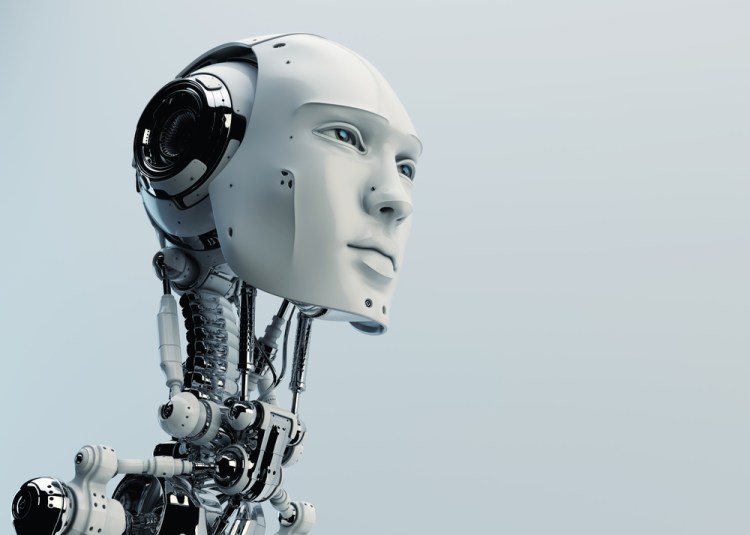The robots are coming! The robots are coming! Actually, in some cases, they’re already here. Not everyone needs to learn how to program the robots, but we’ll all need to get comfortable working with algorithms and bots as well as people. Will they be friends or foes? And what can individuals do to position themselves for success in this brave new world?
I just read an incredible statistic in a Harvard Business Review article: “By 2020, the US economy is expected to create 55 million job openings; and 24 million of these will be entirely new positions. 48 percent of the new jobs, according to Georgetown’s Center on Education and the Workforce, will emphasize a mix of hard and soft intellectual skills, like active listening, leadership, communication, analytics, and administration competencies.” One could argue the items on that list have always been valuable career currency, but it’s only now — in the face of competition from AI technologies — that they’re getting their full due.
I’ve written before about so-called “soft skills” not being very soft at all. While it may be tempting to react to the rise of automation by suggesting everyone learn data analysis, the workplace is changing too quickly for any single discipline to lock in someone’s career prospects. If half of future jobs don’t exist today, there’s no sure-fire way to prepare for them. Rather than focus on a specific hard skill set or field of study, you’re better off developing a growth mindset and learning how to learn effectively.
Another interesting thing I just read is that, although the crisis of underemployed college graduates shows signs of turning around, it’s the STEM (science, technology, engineering, and mathematics) majors who are securing the good jobs while their liberal arts peers languish in low-paying gigs. But STEM still won’t prevent tech workers from falling behind professionally. Studying such subjects is a great career foundation, to be sure, but those fields and their required skills are fluid too. To put it simply, hard skills offer no guarantees.
Here’s what will give workers, regardless of field, a leg up in this nebulous future of shifting job descriptions, expiring job skills, and increasing automation: getting better at being an innovative, resourceful, problem-solving human and learning to be adaptable. The same HBR article referenced above cites research that found six main competencies in demand by employers, and they include persuasion, time management, and positive disposition. You can’t go to happy hour with an algorithm.
There’s another important aspect to re-skilling for the automated workplace, and that’s the role of self-motivation. I’ve written about this before too — that learning can’t end when formal schooling ends. As everything in our world becomes more accessible and affordable, adopting a growth mindset means being open to taking your career in previously unforeseen directions. It doesn’t matter if you were an unenthusiastic student in the classroom or are haunted by bad grades. Today’s working adults can’t count on employers to dish up the learning and development they need, and they can’t choose to opt out and hope to coast to retirement.
The good news is that you can control your learning experience now by taking courses online. You can learn when and where it’s convenient for you, choose the teacher whose style fits you best, follow lectures and do homework on your favorite device, go at your own pace and rewatch whenever you need a refresher. Online courses can facilitate interactions with instructors and fellow students too. I’ve talked to people all over the world who described themselves as being “bad students” in school but have discovered a love of learning when it’s on their terms and tailored to their immediate, real-world needs.
Most people are unaware of the opportunities available through online learning. At Udemy, for example, you can learn hard skills like programming and design, but you can also strengthen your communication skills, bone up on project management, get comfortable with public speaking, or understand what it takes to be an effective leader.
The media likes to distill the complexities of automation and A.I. down to a simple narrative about robots stealing human jobs. The reality isn’t that dire yet, but complacency is dangerous too. Technology poses challenges but offers opportunities to those prepared to grab them. In our 21st-century workplace, the ability (and eagerness) to learn new things will elevate driven professionals above the rest. Those who’ve kept their hard skills current through continuous learning and who keep working on their soft skills will do the jobs that robots can’t.
Don’t waste your time fearing the robots. Use that as motivation to upskill, learn, and grow.
VentureBeat's mission is to be a digital town square for technical decision-makers to gain knowledge about transformative enterprise technology and transact. Learn More

